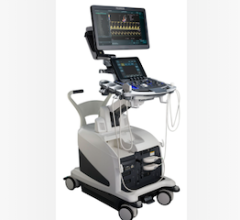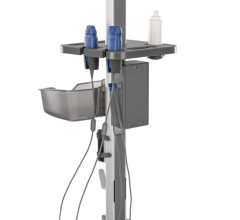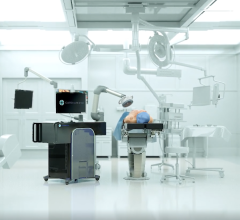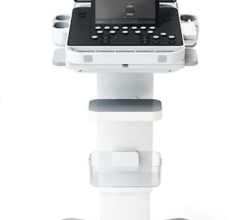
January 6, 2017 — The RECHORD trial allows cardiovascular surgeons to replace damaged string-like tendons, called chordae, through a small incision while the heart is beating. The trial compares outcomes from this minimally invasive procedure to traditional open-heart mitral valve surgery, which requires the chest to be cracked. Specialized imaging is used to place the artificial chordae. PinnacleHealth is one of only 20 sites in the nation and the only hospital in Pennsylvania selected to participate in the trial. Up to 450 patients will be enrolled into the randomized trial.
In a healthy heart, the chordae holds heart valves in place. Over time, the tendons may stretch or break, leading to serious heart conditions, such as mitral regurgitation. Mitral valve regurgitation refers to the mitral valve not closing tightly, which does not allow blood to move through the heart or to the rest of the body as efficiently as it should. Symptoms may include feeling tired or being out of breath.
During traditional surgery to repair damaged mitral valve chordae, surgeons often have to go through the sternum and put the heart on bypass to manually place sutures. With the NeoChord System, doctors can use the device to repair mitral valve prolapse via a transapical, off-pump procedures. Placement is confirmed with imaging (echocardiogram) and then a preloaded surgical suture is deployed.
This new trial at PinnacleHealth is led by Mubashir Mumtaz, M.D., FACS, FACC, chief of cardiothoracic surgery and surgical director of structural heart, and Hemal Gada, M.D., MBA, medical director of structural heart.
"With this investigational device, we are offering new, minimally invasive mitral valve therapies to patients in our community before it is available elsewhere," said Mumtaz.
For more information: www.neochord.com


 October 09, 2025
October 09, 2025 








